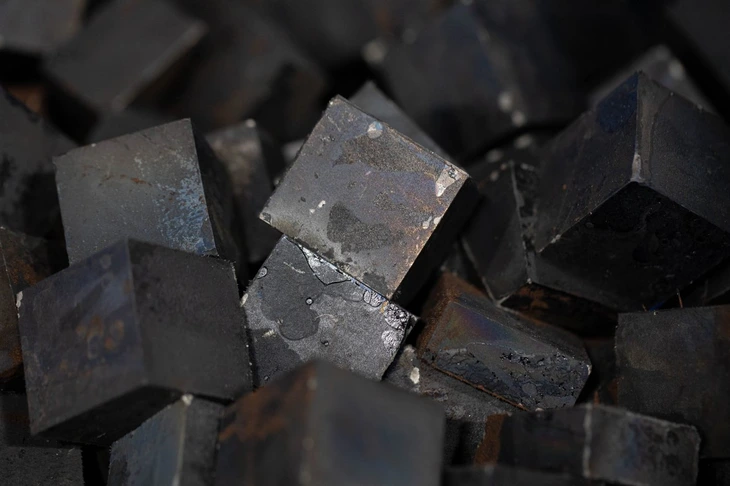
Rare earth magnets are China's strategic bargaining chip in trade negotiations with the US - Photo: WALL STREET JOURNAL
According to Reuters, on November 7, China's Ministry of Commerce announced that Beijing officially suspended export control measures issued by the country on October 9, including tightening restrictions on some rare earth materials and equipment, along with lithium battery materials and superhard materials.
The suspension is effective immediately and will last until November 10, 2026. However, the ministry did not mention the broader export controls enacted since April.
The suspension announcement came after US President Donald Trump and Chinese President Xi Jinping reached a trade deal in late October.
The White House said earlier that China had agreed to introduce a "universal license" and described the move as the de facto end to Beijing's rare earth export controls.
Also according to Reuters citing informed sources, China has begun the process of designing a new rare earth export licensing mechanism to speed up delivery.
Specifically, China's Ministry of Commerce has informed some rare earth exporting enterprises that they will be allowed to apply for licenses under a simplified process in the future, and listed the necessary documents.
The new license will be valid for one year and allow for larger export volumes, sources revealed.
Currently, some rare earth exporting enterprises are being asked to prepare documents with requests to provide additional information from customers.
More clarity is expected later this year, although some Chinese officials privately have said the process could take months.
Some industry sources say it will be more difficult for users involved in defense or sensitive sectors to obtain general licensing.
Producing more than 90% of the world's processed rare earths and rare earth magnets, China has used export controls as its most powerful lever in its trade war with Washington.
Under current regulations, which were introduced in April, exporters must apply for a license for each shipment – a cumbersome process that has led many customers to complain about delivery delays.
The restrictions caused shortages in May, forcing parts of the auto industry to halt operations.
The sweeping controls have prompted European businesses to submit 2,000 license applications, but just over half of them have been approved by Beijing.
Source: https://tuoitre.vn/trung-quoc-chinh-thuc-tha-long-dong-chay-dat-hiem-2025110718005376.htm


![[Photo] Da Nang: Hundreds of people join hands to clean up a vital tourist route after storm No. 13](https://vphoto.vietnam.vn/thumb/1200x675/vietnam/resource/IMAGE/2025/11/07/1762491638903_image-3-1353-jpg.webp)







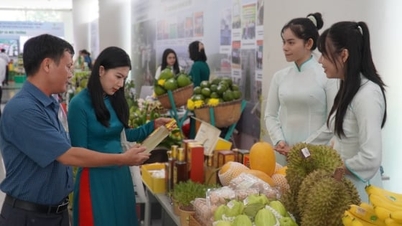

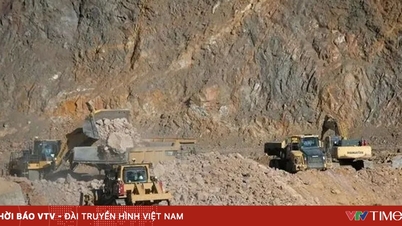



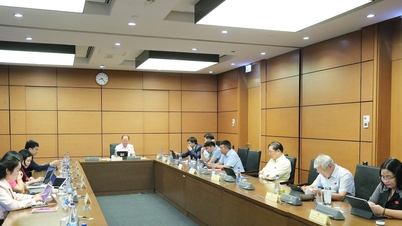

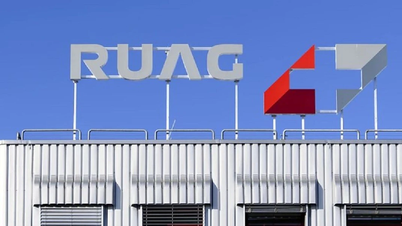




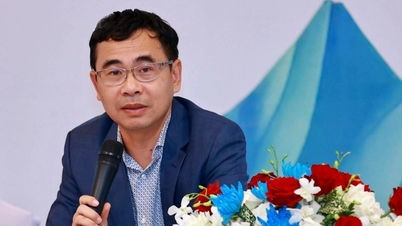












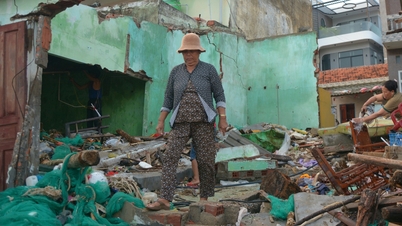


















































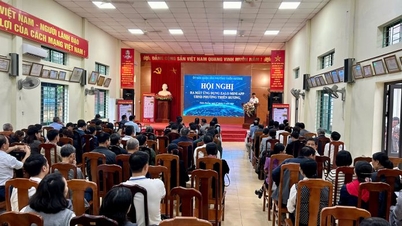





















Comment (0)